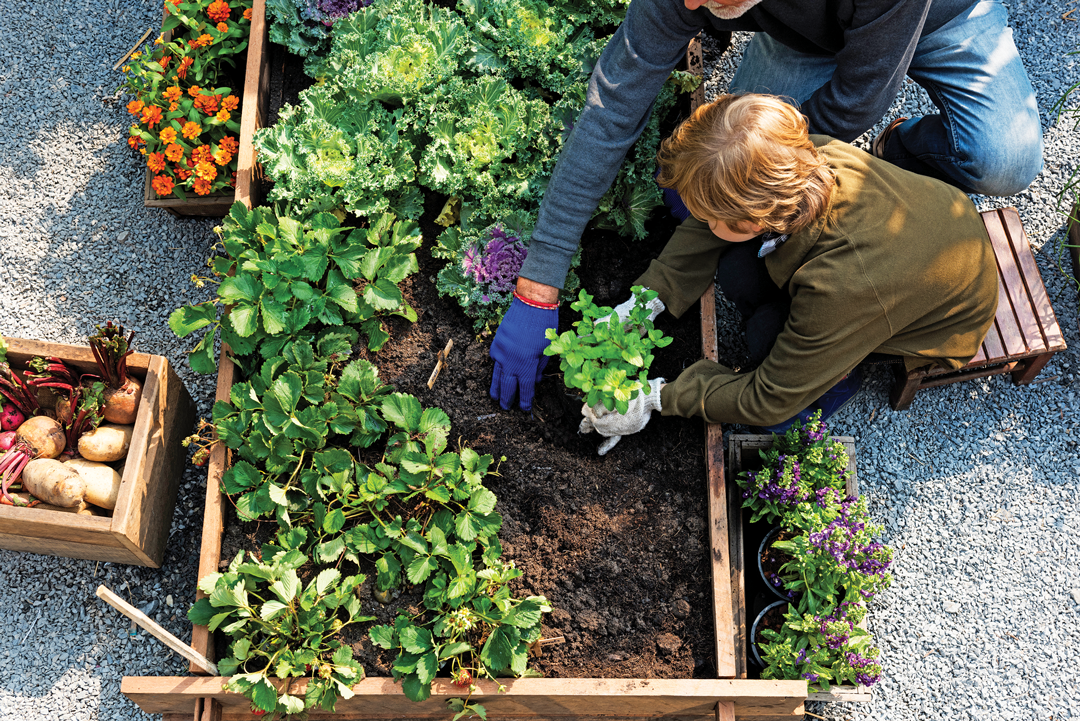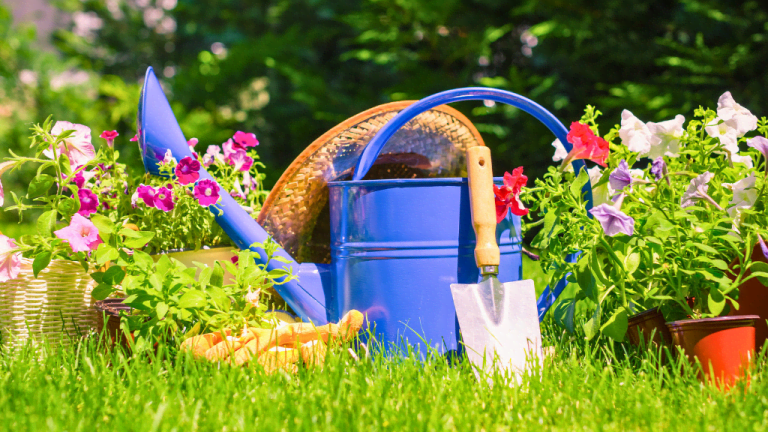Opening the Benefits of Horticulture: An In-depth Take A Look At the Different Types and Their Influence on Well-Being
Checking out the multifaceted advantages of horticulture discloses a spectrum of methods that dramatically boost private health. As we analyze these varied gardening strategies, it becomes evident that their influence can reverberate on individual, social, and ecological degrees, motivating a better look at just how these connections form a natural story of holistic health.
Sorts Of Horticulture

Flower gardening, another popular classification, highlights the visual charm of grown blooms. This kind can improve landscapes and promote biodiversity by drawing in helpful pollinators. Likewise, herb gardening entails expanding aromatic and cooking plants, contributing both to cooking and all-natural solutions.
Container gardening offers convenience, making it possible for individuals with limited space to take part in gardening by utilizing pots and planters. This method is particularly prominent in metropolitan settings. Raised bed gardening, on the other hand, entails developing raised plots that enhance dirt drain and availability, making it simpler for gardeners to handle their plants.
Finally, neighborhood gardening promotes partnership amongst people in common spaces, advertising social interaction and collective obligation. Each sort of horticulture serves distinct purposes and provides to different choices, making horticulture a functional task that can be tailored to private requirements and atmospheres.
Mental Wellness Advantages
Involving in numerous sorts of gardening not just generates concrete benefits such as fresh fruit and vegetables and attractive flowers however additionally uses substantial mental health and wellness benefits. Study shows that horticulture can be a powerful device for lowering anxiety, anxiousness, and depression. The act of tending to plants and cultivating a garden cultivates a sense of objective and achievement, which can boost overall psychological wellness.
Moreover, gardening motivates mindfulness, as it requires individuals to concentrate on the here and now moment, whether it be growing seeds or nurturing development. This mindfulness practice can result in minimized rumination and improved mood security. The exposure to all-natural environments during gardening has additionally been connected to boosted cognitive working and reduced sensations of fatigue.
Social communication plays a critical duty in psychological wellness, and neighborhood horticulture initiatives offer possibilities for individuals to attach with others, promoting a sense of belonging. The common experience of gardening can cultivate relationships and support networks, additionally strengthening psychological resilience.
Physical Health And Wellness Advantages
Several individuals may not recognize my response that gardening also offers substantial physical health advantages. Engaging in horticulture tasks requires a range of physical activities, consisting of bending, training, excavating, and growing, which jointly contribute to enhanced stamina, adaptability, and endurance. These actions can boost cardiovascular health and wellness by promoting an elevated heart price, therefore decreasing the threat of heart problem.
Additionally, horticulture can work as a moderate-intensity workout, assisting individuals accomplish suggested exercise degrees. Studies suggest that routine involvement in horticulture can melt considerable calories-- about 200-400 calories per hour, depending on the intensity of the jobs carried out. Such calorie expense is beneficial for weight monitoring and general metabolic health and wellness.
In addition, direct exposure to sunlight during gardening can help with the synthesis of vitamin D, which plays an essential role in preserving bone wellness look at here and supporting immune feature. The act of horticulture usually involves working with dirt, which has actually been connected to potential psychological and physical health advantages due to the visibility of useful microorganisms.
Social Links With Gardening
The public elements of gardening foster purposeful social links amongst people. Neighborhood yards, specifically, offer as vivid centers where individuals from diverse histories integrated, growing not only plants but additionally relationships. These shared areas urge cooperation, enabling individuals to exchange knowledge, abilities, and resources, consequently enhancing their gardening experience and fostering a sense of belonging.
Involvement in horticulture activities frequently brings about the formation of friendships and assistance networks. Individuals regularly unify for typical goals, such as growing seasons, harvest events, or instructional workshops, which strengthen interpersonal ties and develop a feeling Read More Here of neighborhood. Such communications can alleviate feelings of isolation and boost psychological well-being, as individuals find friendship and friendship in shared undertakings.

Ecological Influence of Gardening
Gardening significantly contributes to ecological sustainability in numerous means. Home gardens give crucial habitats for different species, consisting of pollinators such as bees and butterflies, which are essential for community wellness.

Moreover, yards play a critical function in water preservation. Tactical landscapes, consisting of indigenous plants and xeriscaping, decrease water usage and stop runoff, consequently shielding regional rivers from contamination.
Conclusion

The varied types of horticulture-- including vegetable, flower, natural herb, container, and elevated bed-- add to psychological and physical health, foster social links, and promote ecological sustainability. By engaging in horticulture practices, people can experience improved quality of life while additionally supporting area bonds and ecological health and wellness.